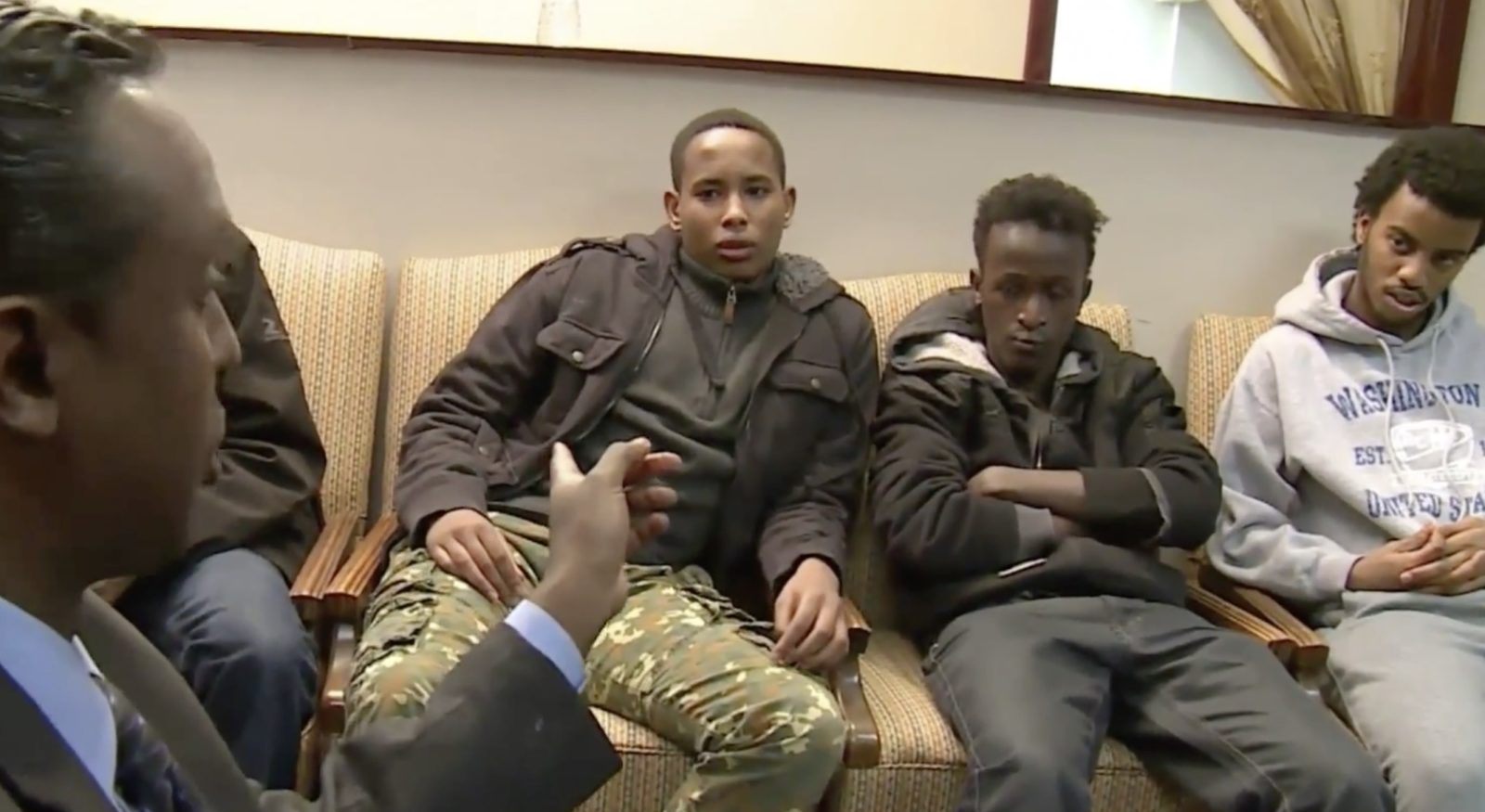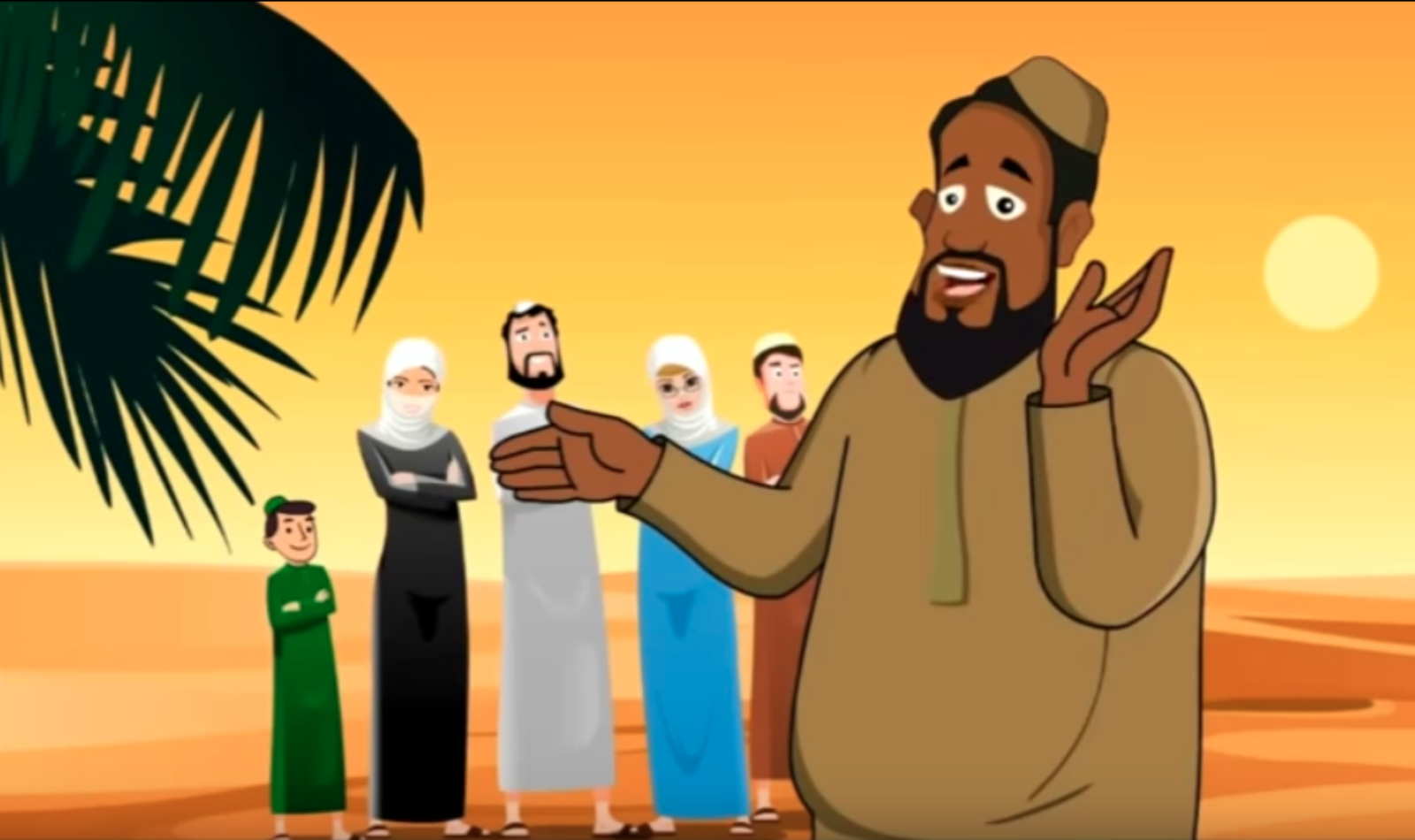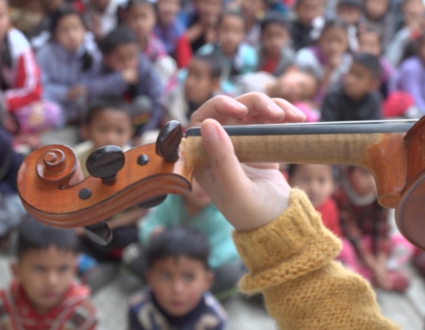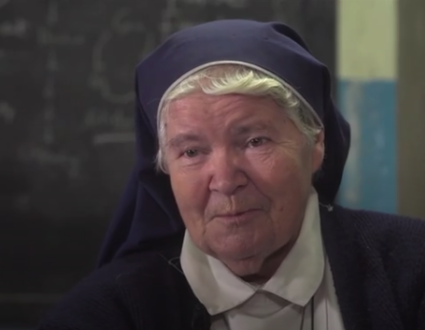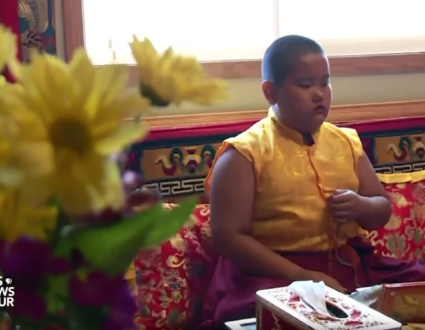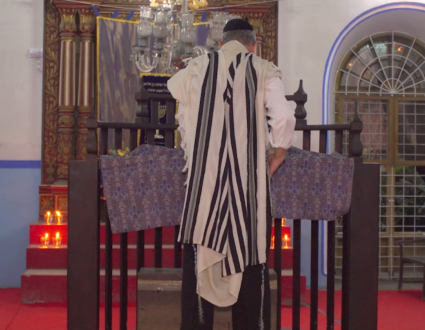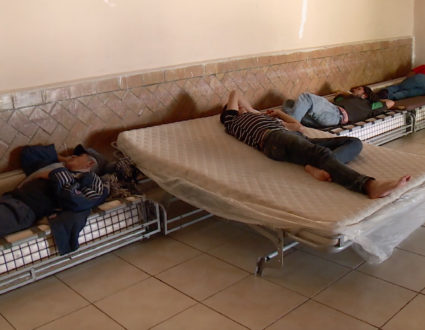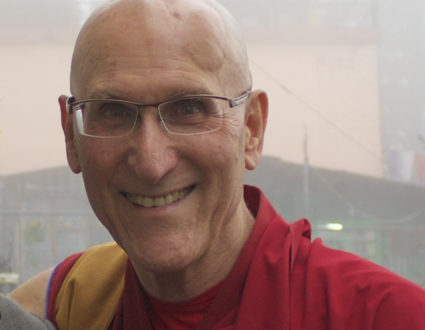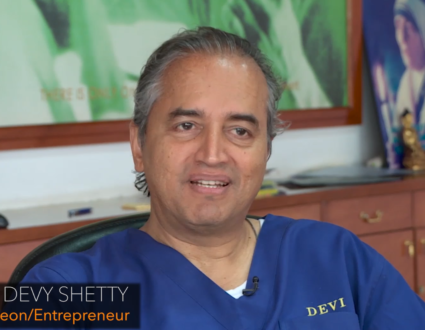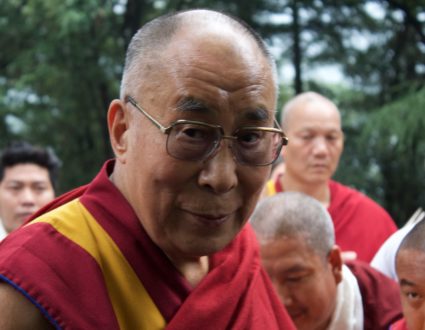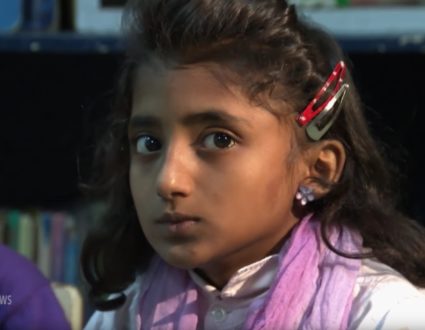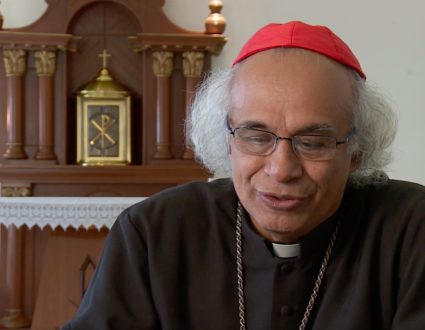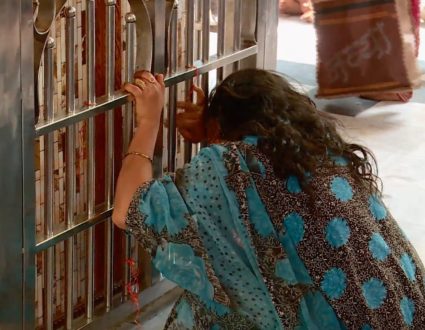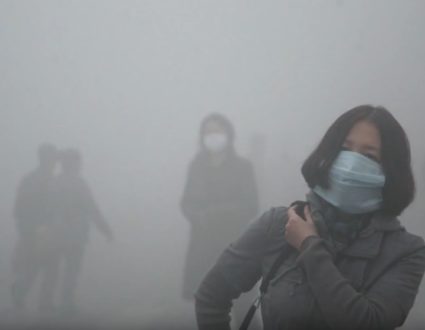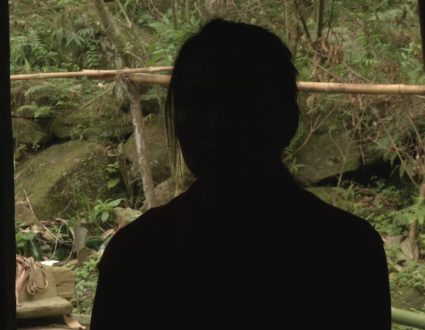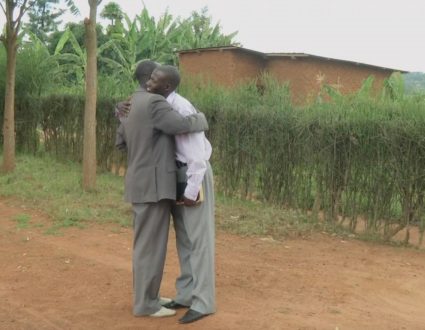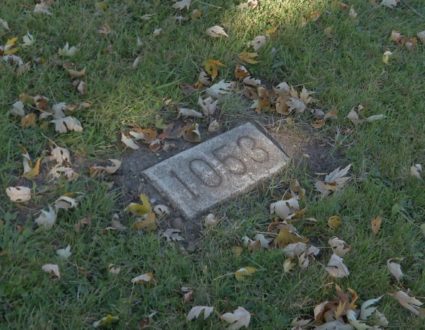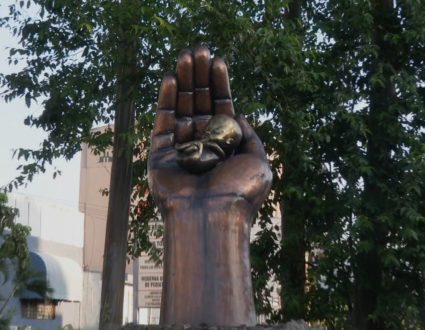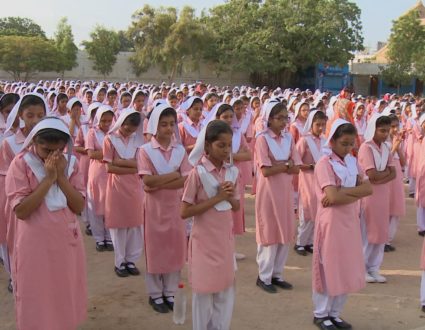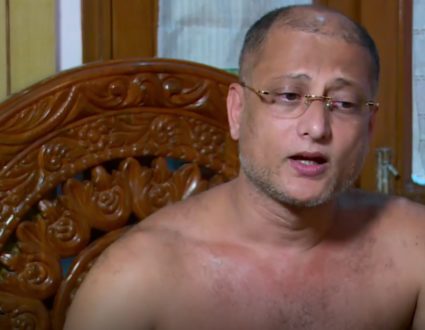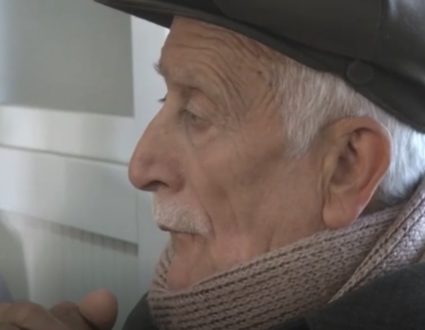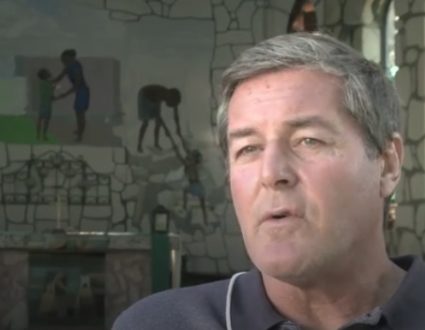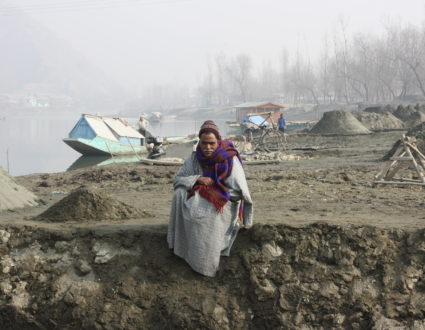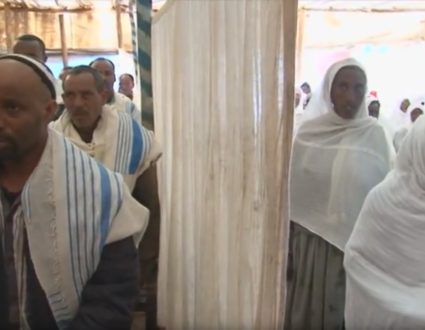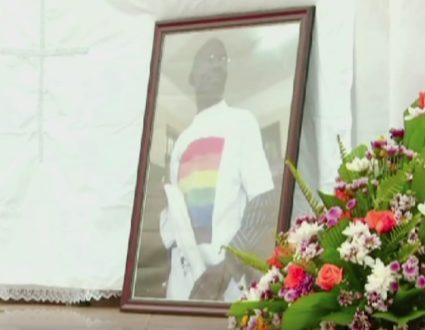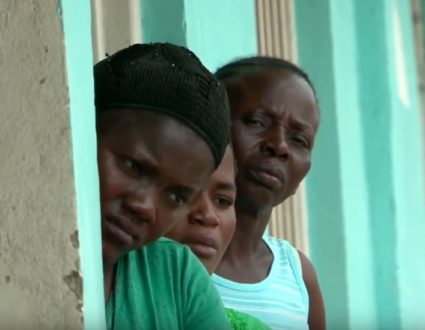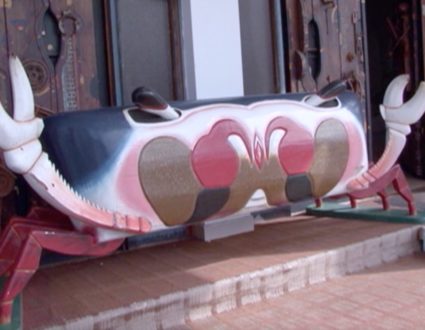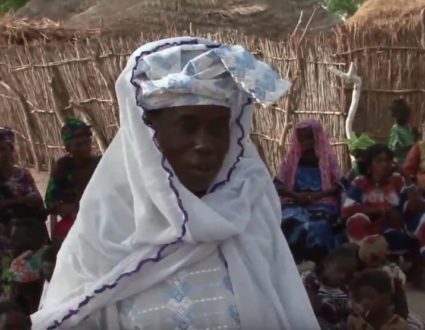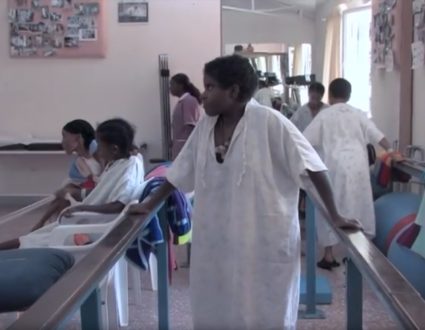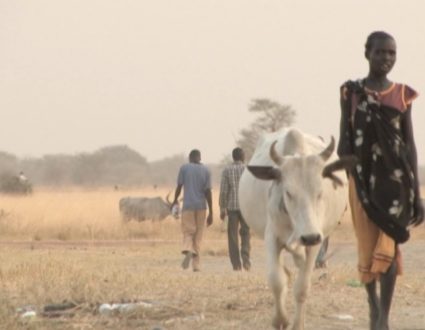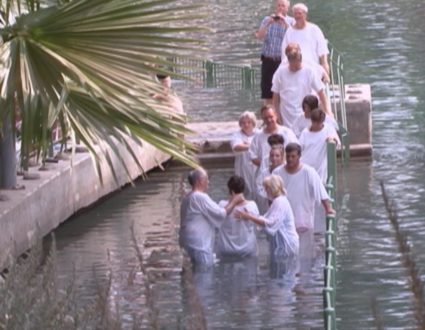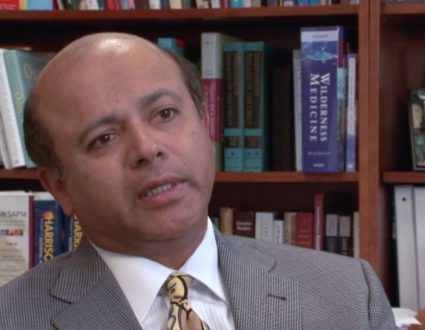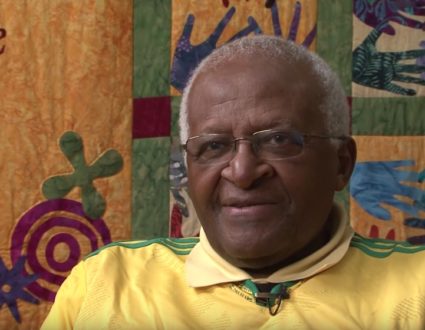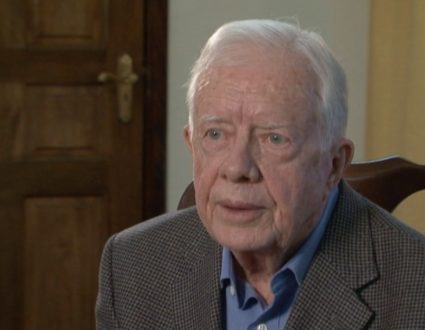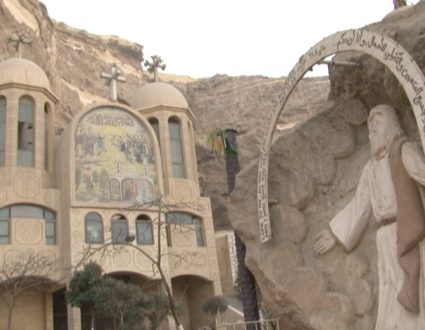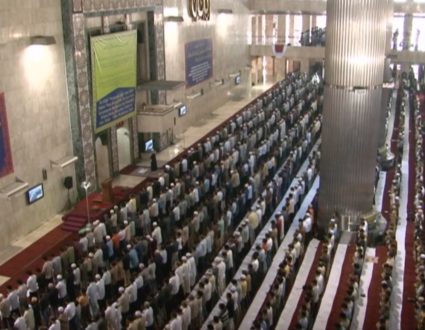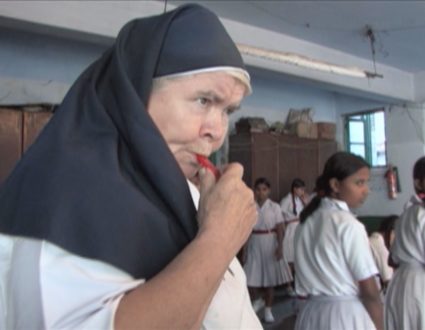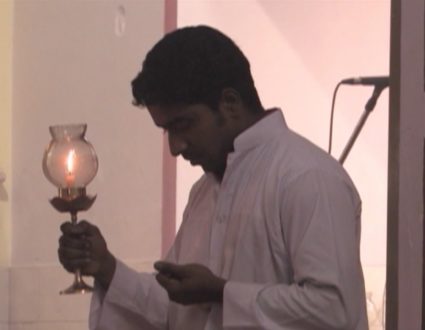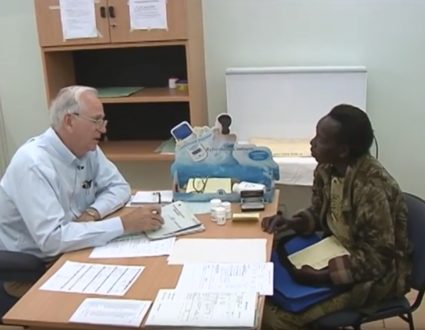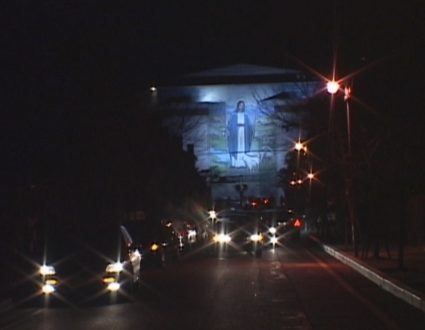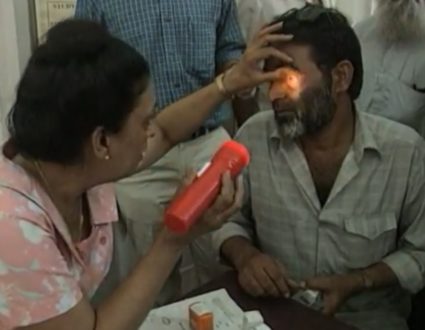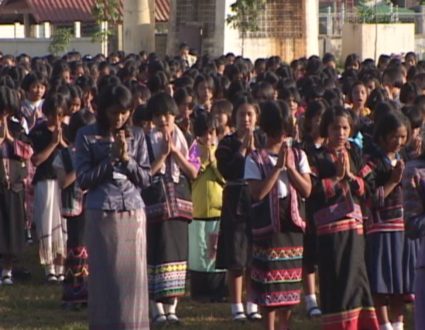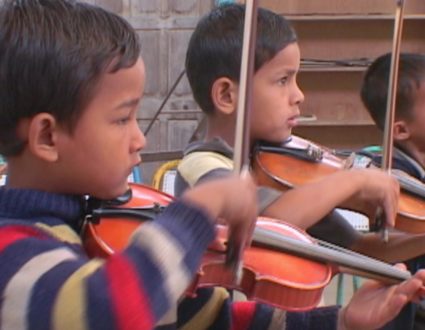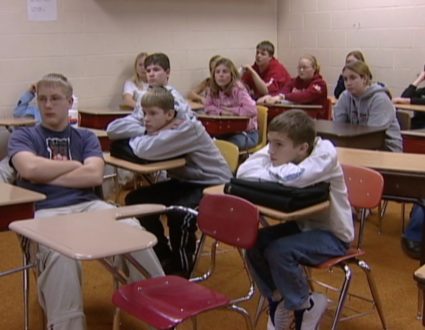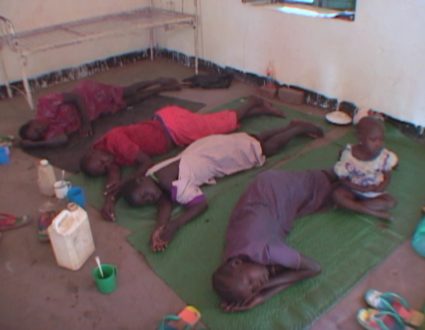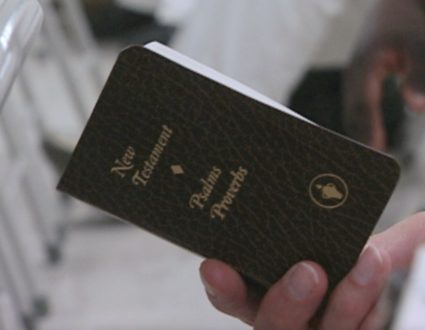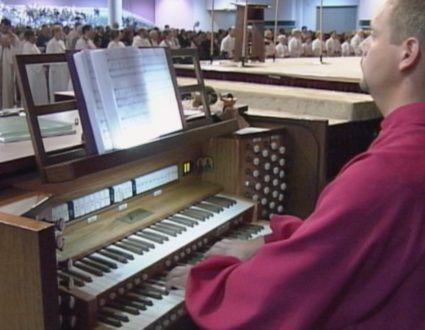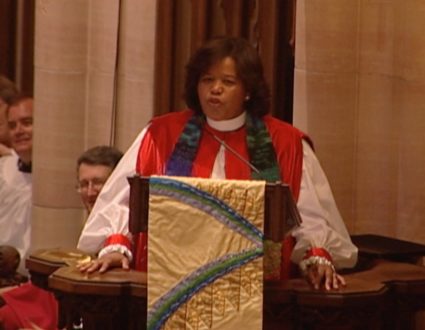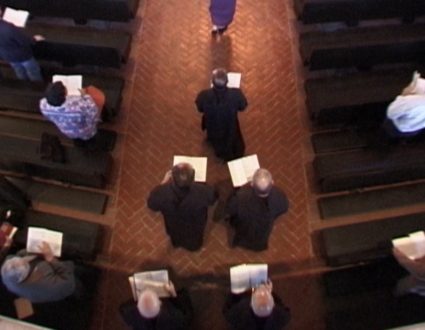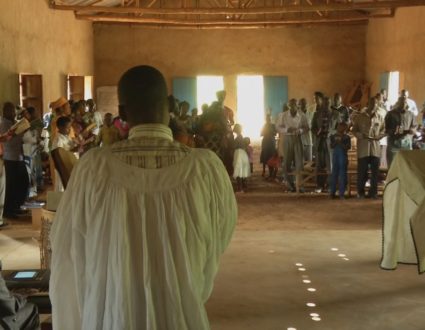GWEN IFILL:Last week, 148 people were killed in a terrorist attack at a university in Garissa, Kenya. Today, the government struck back, launching attacks on Al-Shabaab bases in neighboring Somalia.Al-Shabaab and other Islamic extremist groups have expanded their ranks, recruiting abroad by using the Internet to mount appeals to young Somali men.Fred de Sam Lazaro reports on one man’s attempt to keep those potential fighters home.
FRED DE SAM LAZARO:A kind of cartoon war has been declared in Minneapolis, one aimed mainly at young Muslim men.It is a world away from Syria, Iraq or the Horn of Africa, but Minnesota is home to at least 30,000 Somalis, the largest such community in the U.S. Most are refugees from a war-torn nation that’s long been a haven for Islamist extremist groups.Groups like the al-Qaida linked Al-Shabaab and Islamic State, or ISIS, have recruited from this community, mainly through videos on the Internet. The FBI says up to 40 young men from Minnesota have traveled to Somalia and Syria since 2007.In response, 39-year-old Mohamed Amin Ahmed, convenience store manager who’s lived here since 1998, developed his own media campaign.
MOHAMED AMIN AHMED:My goal is to compete, to take the values of the majority of the Muslims and go after the kids between the age of 8 and 16 and compete for their mind-space.
FRED DE SAM LAZARO:What offended you the most?
MOHAMED AMIN AHMED:The fact that they claim my faith. It is the greatest inheritance we have is our faith.
AVERAGE MOHAMED:Average Mohamed here.
FRED DE SAM LAZARO:Enter AverageMohamed.com, a Web site Ahmed started last year.
MOHAMED AMIN AHMED:ISIS, Islamic State, made a video which is action-packed, showing American soldiers being killed and hurt, called “Flames of War.” And I spoofed it. I said, well, what you’re actually doing is “Flames of Hell,” because what you’re doing is not war. It is genocide.
AVERAGE MOHAMED:Behead unarmed, innocent people you round up. Destroy.
FRED DE SAM LAZARO:Ahmed screens his videos — he’s made eight so far — before young men, this night, members of the local soccer club. He was aided by their coach, Ahmed Ismail.
AHMED ISMAIL, Soccer Coach:You guys have to understand these people are playing a game. It’s not part of religion; it’s not part of Islam. Islam means peace and submission to the will of God.
FRED DE SAM LAZARO:The lessons from Ahmed’s video contrast with stereotypes the young men say they endure in daily life.
HUSSEIN ROBLE, High School Student:I have been actually called a terrorist. It was a Friday. So, I had the kameez on, like we just wear…
MAN:Islamic wear.
HUSSEIN ROBLE:Like he’s wearing right now. And this guy just said, “Are you going to blow up this? Are you going to blow up something?”
NURADIN HUSSEIN, High School Student:So this — some kid came up to me. “Oh, Somali people are terrorists now.” People judge too quick.
AHMED ISMAIL:When they say you are terrorist, tell them no. You are wrong. I have nothing to do with it. I disagree with those people who’s doing those the bad things. You don’t want to kill innocent people who haven’t done anything to you, whether he’s Jewish, or he’s a Christian or he’s a Buddha.
AVERAGE MOHAMED:What do you think your job description is when you join Islamic State?
FRED DE SAM LAZARO:Such mentoring relationships are critical to influence the choices of young men, who may not be fully grounded in their native culture and may not feel accepted in the adopted one.Abdi Samatar, a professor at the University of Minnesota and one of the state’s earliest Somali residents, applauds the effort.ABDI SAMATAR, University of Minnesota: The mind-set is one that has not a good grasp of its own faith, disconnected from the larger Minnesota community, maybe doing well or not so well in school; sees themselves as black people in a white sea.So the attempt to try to figure out cartoons and images that will sort of counter the images that the terrorists put on the Web, for instance, is, I think, an important and insightful agenda on his part.
FRED DE SAM LAZARO:But Samatar says it will take a much more to truly impact recruitment, not just offsetting extremist propaganda, but also policy changes.For example, he wants U.S. to pressure the transitional government now in place in Somalia.
ABDI SAMATAR:We have supported quite a dysfunctional government that is by all standards the most corrupt regime that is in the world, as transparency international tells us. And so that plays in very strange ways to the recruitment of Al-Shabaab and all kinds of terrorists saying that the United States is not serious about our interests.
FRED DE SAM LAZARO:For his part, Ahmed says he has gotten some negative reaction to his efforts, calling him anti-Islamic and an apostate. But he says the public response has been global and overwhelmingly positive.
MOHAMED AMIN AHMED:I’m getting literally hundreds of e-mails from people wishing me well.
FRED DE SAM LAZARO:How do you know that this is something that’s going to resonate with an 18-year-old living in Minneapolis?
MOHAMED AMIN AHMED:I focus-group it.So, basically, I walked up to a bunch of kids, over 250 of them, and I asked them, what do you think about suicide bombing? Is it an Islamic principle? Most of them said, I think it is. Now, I went back to some of these kids and I showed them a video, and they come back and they say, oh, now we know better.So it does work. But I haven’t been able to quantify in terms of impact. The impact is — it’s really hard to gauge.
FRED DE SAM LAZARO:He’s hoping to scale up this mostly U.S.-targeted effort with more cartoons and more languages, Arabic and Urdu, for example, to be used in other parts of the Muslim world.
AVERAGE MOHAMED:Remember, peace up. Extremist thinking, especially Islamic State, out.
FRED DE SAM LAZARO:This is Fred de Sam Lazaro for the PBS NewsHour in Minneapolis.
GWEN IFILL:A version of this story aired on the PBS program “Religion & Ethics Newsweekly.”Fred’s reporting is a partnership with the Under-Told Stories Project at Saint Mary’s University of Minnesota.
Countering Recruitment at Home
Minnesota may be a world away from Syria or Iraq, but the state’s large Somali community has made it an appealing field for seeking recruits for al-Shabab and other Islamic militant groups. Special correspondent Fred de Sam Lazaro reports on one Minneapolis man’s efforts to offset extremist propaganda with his own media campaign.
Related Links:Average Mohamed Web Site
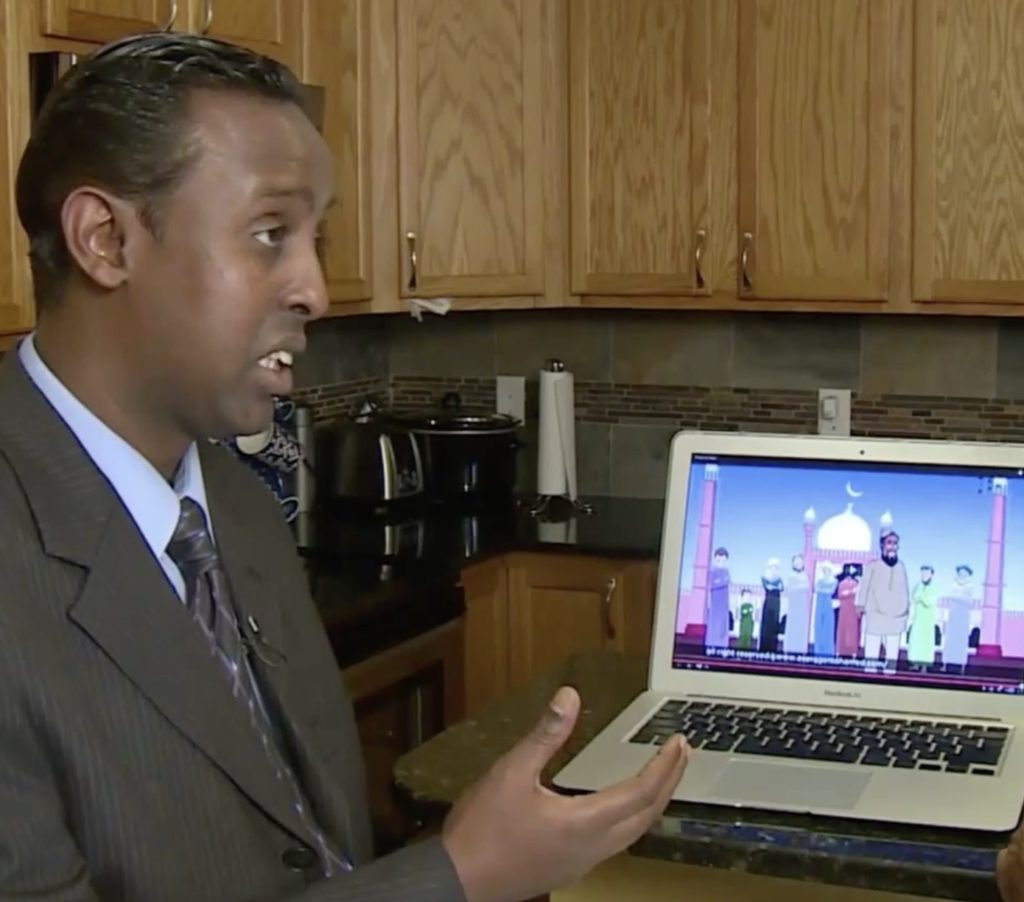
“My goal is to compete, to take the values of the majority of the Muslims and go after the kids between the age of 8 and 16 and compete for their mind-space.”
The largest population of Somali people outside of Somalia is in Minnesota, particularly in a Minneapolis neighborhood nicknamed Little Mogadishu.
